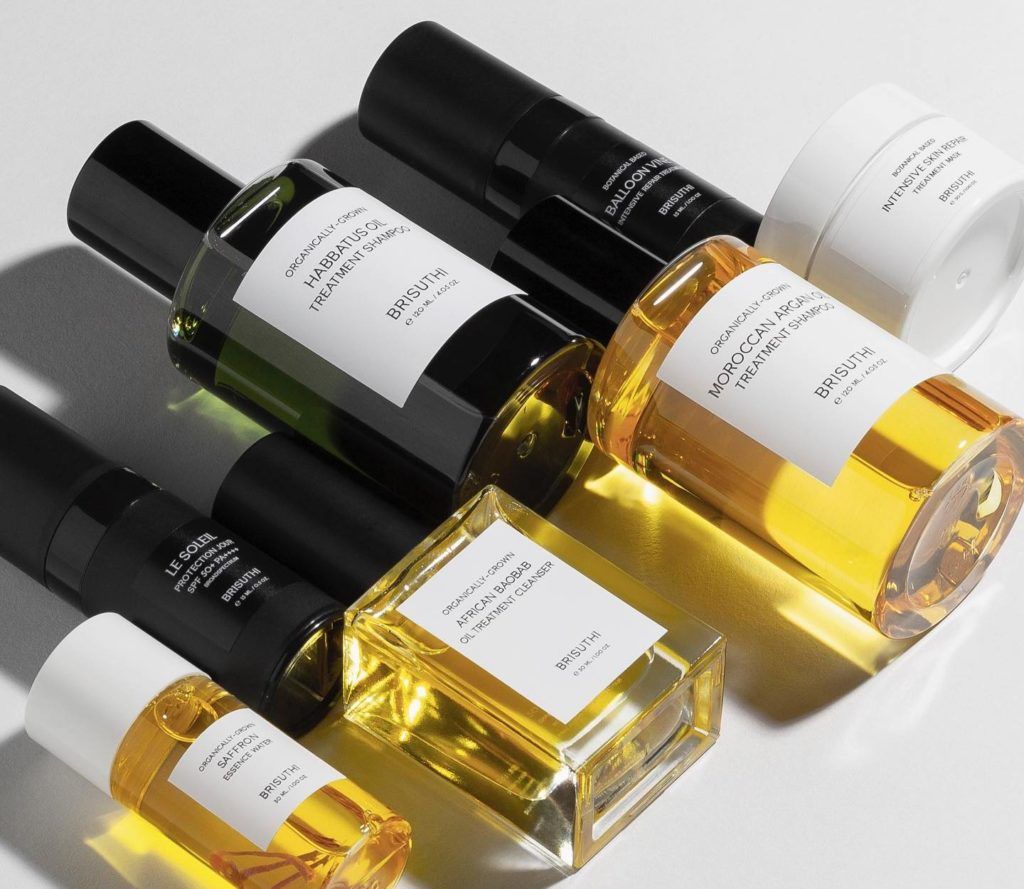
How to fight maskne using Thai skincare products
By Karatpetch Vattanapoon Jun 14, 2021 | 3 min read

The 10 most popular skincare ingredients in 2021 so far
By Akriti Sharma Jun 11, 2021 | 6 min read

Why skincare is more important than makeup, according to Gen Z shoppers
By Staff Writer Jun 04, 2021 | 3 min read
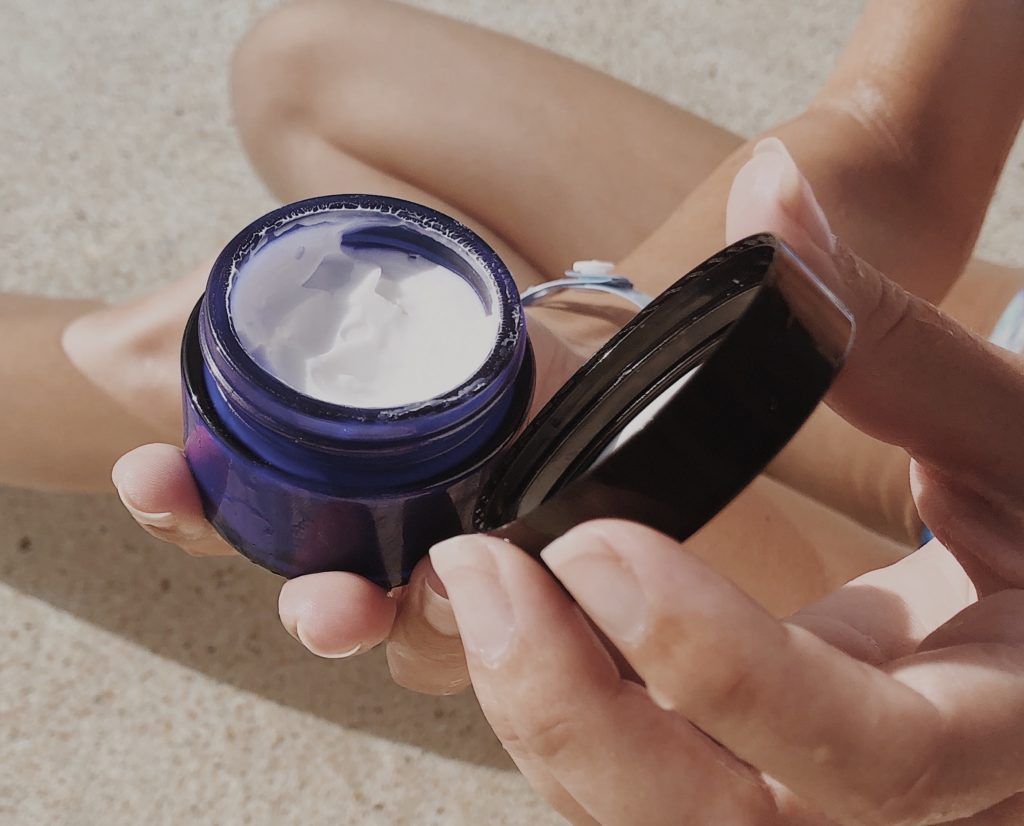
Paula Begoun of Paula’s Choice on 7 things to consider when buying night cream
By Latha Sunadh May 27, 2021 | 4 min read
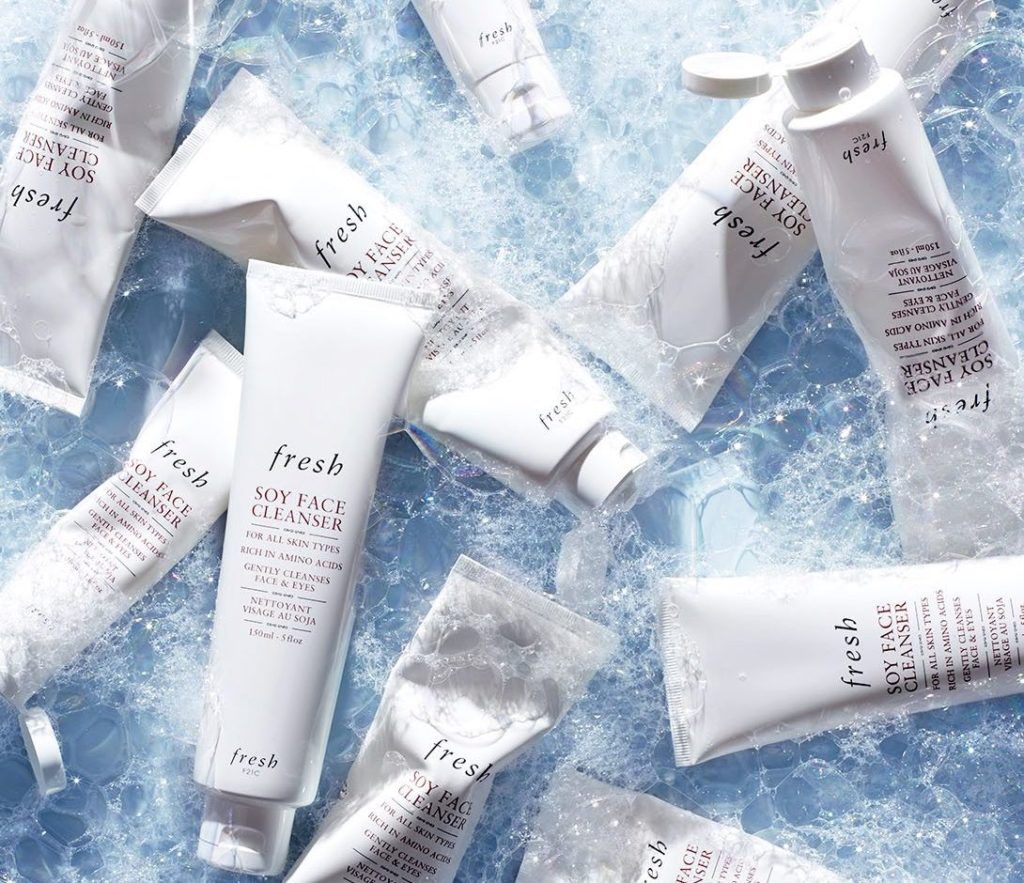
4 gentle milk cleansers to soothe your sensitive skin
By Beatrice Bowers May 26, 2021 | 4 min read

6 up-and-coming Thai beauty brands that put skin health first
By Karn Chatikavanij May 24, 2021 | 4 min read
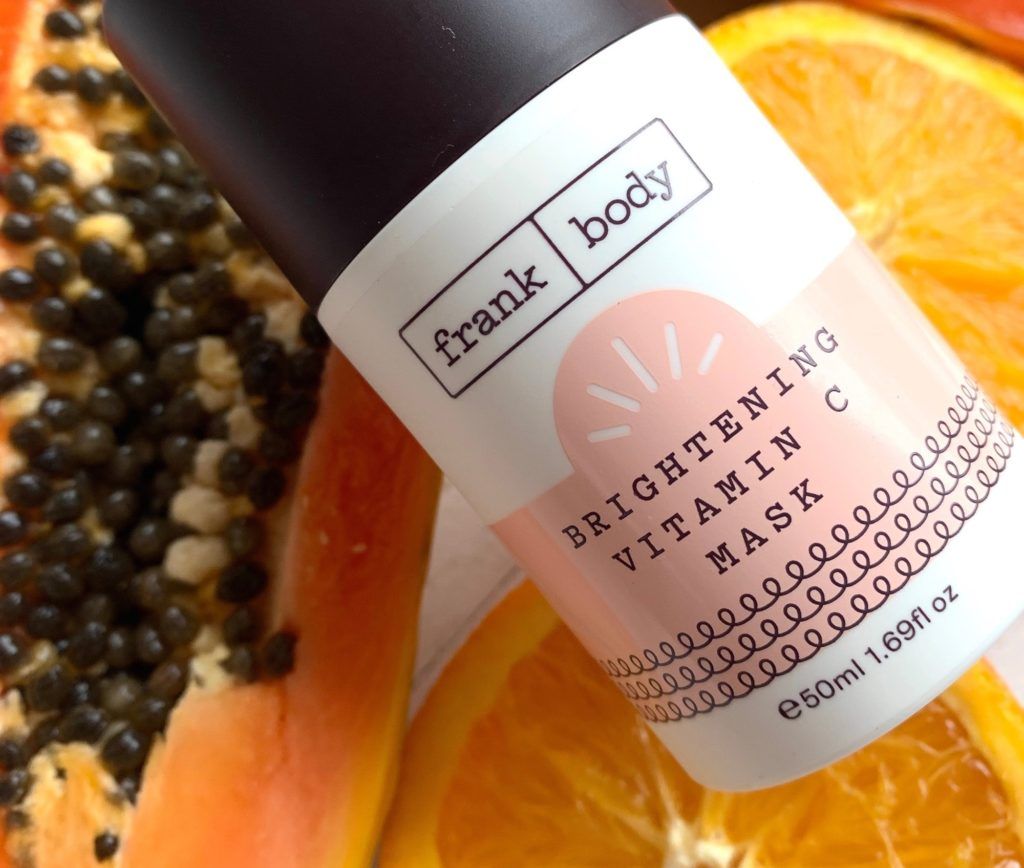
5 new Vitamin C serums to bring out your inner glowing goddess
By PohNee Chin Apr 26, 2021 | 4 min read
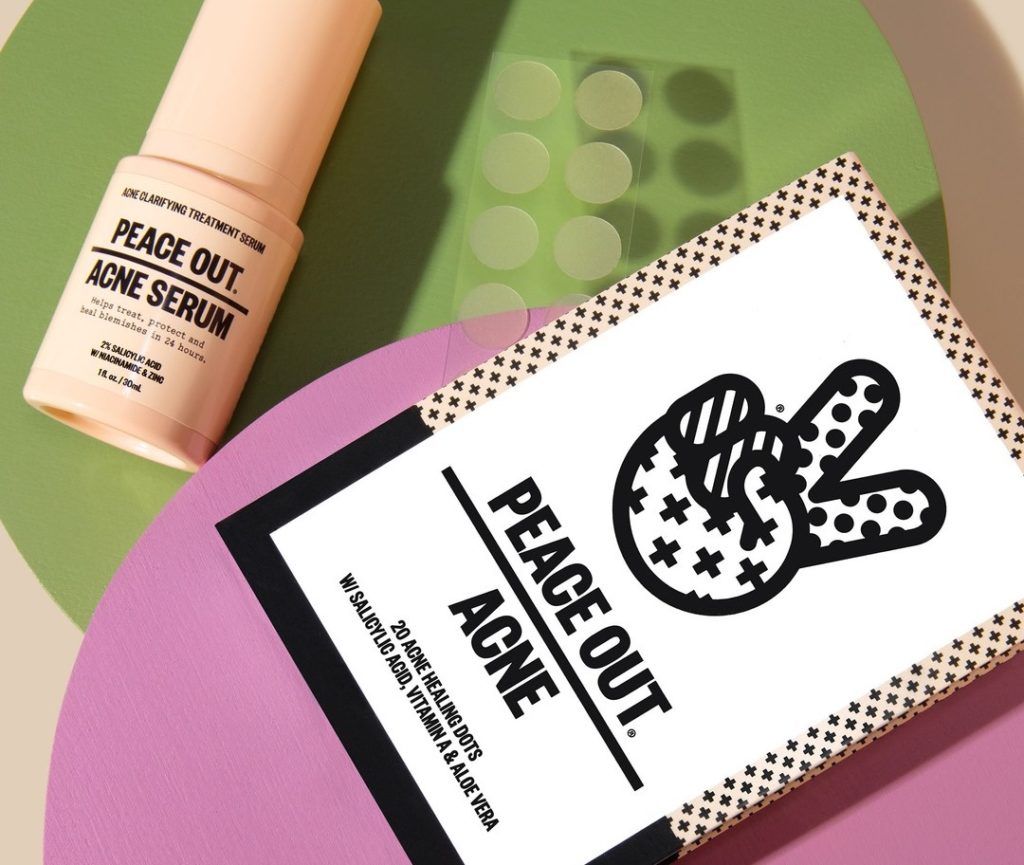
4 pimple patches to help magically clear your acne overnight
By Shatricia Nair Apr 21, 2021 | 3 min read
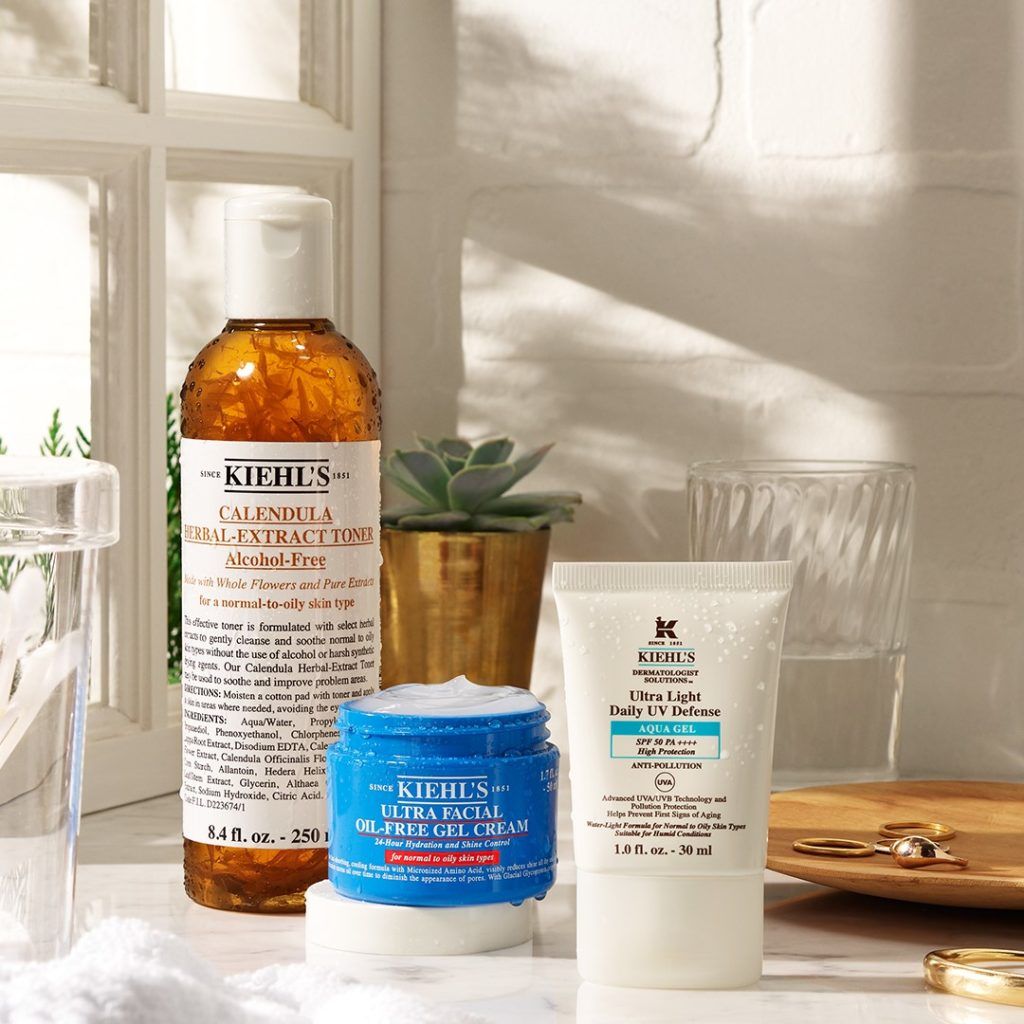
Why you should use gel creams in your summer skincare routine
By Anjan Sachar Mar 19, 2021 | 4 min read

8 under eye masks to pamper your peepers
By Lisa Gries Feb 19, 2021 | 5 min read
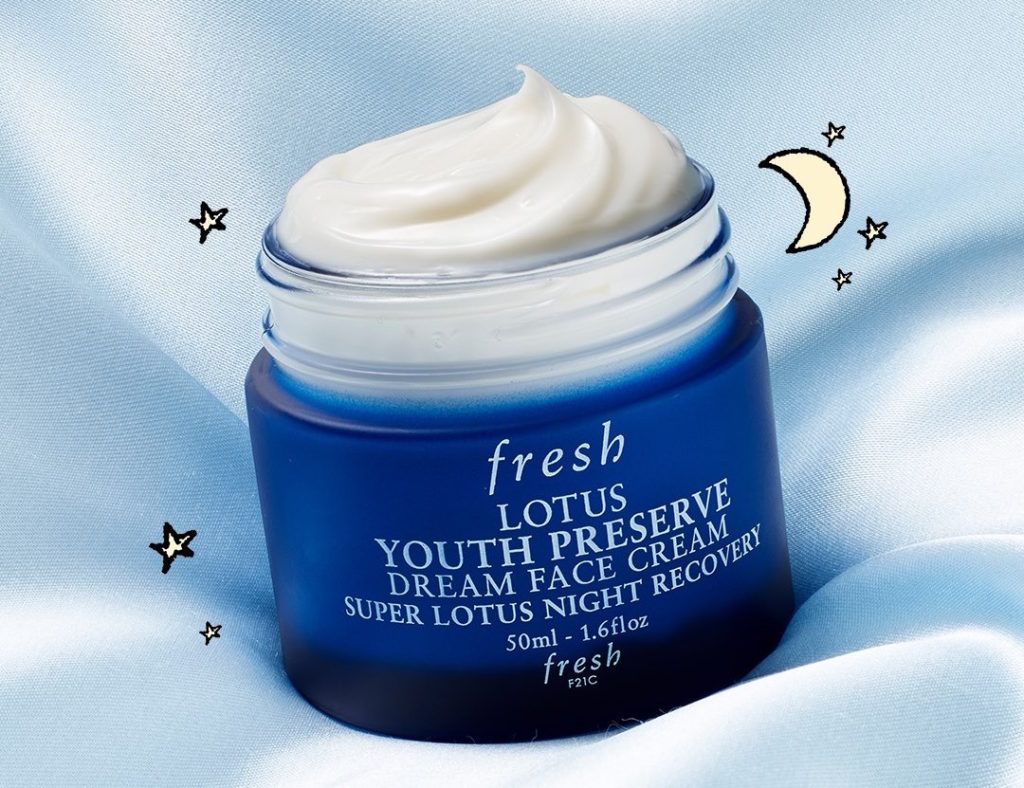
The night cream or serum you should use, according to your skin type
By Lexi Davey Feb 18, 2021 | 3 min read
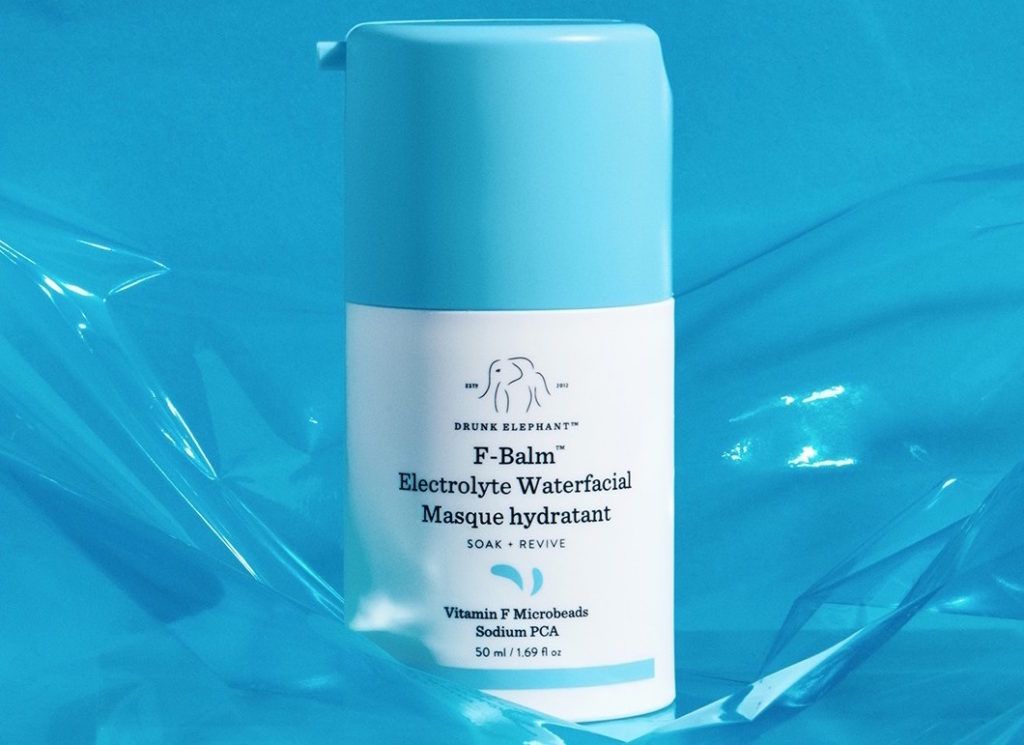
6 best sleeping masks that will hydrate your skin while you snooze
By Alisha Pawa Jan 26, 2021 | 5 min read

What is skinimalism, the skincare trend set to take 2021 by storm?
By Latha Sunadh Jan 08, 2021 | 5 min read

5 aromatic hand soaps that will keep your palms moisturised and germ-free
By Alisha Pawa Jan 02, 2021 | 4 min read

Good Life Gadgets: 5 must-try high tech beauty products to up your skincare game
By Karn Chatikavanij Nov 23, 2020 | 4 min read
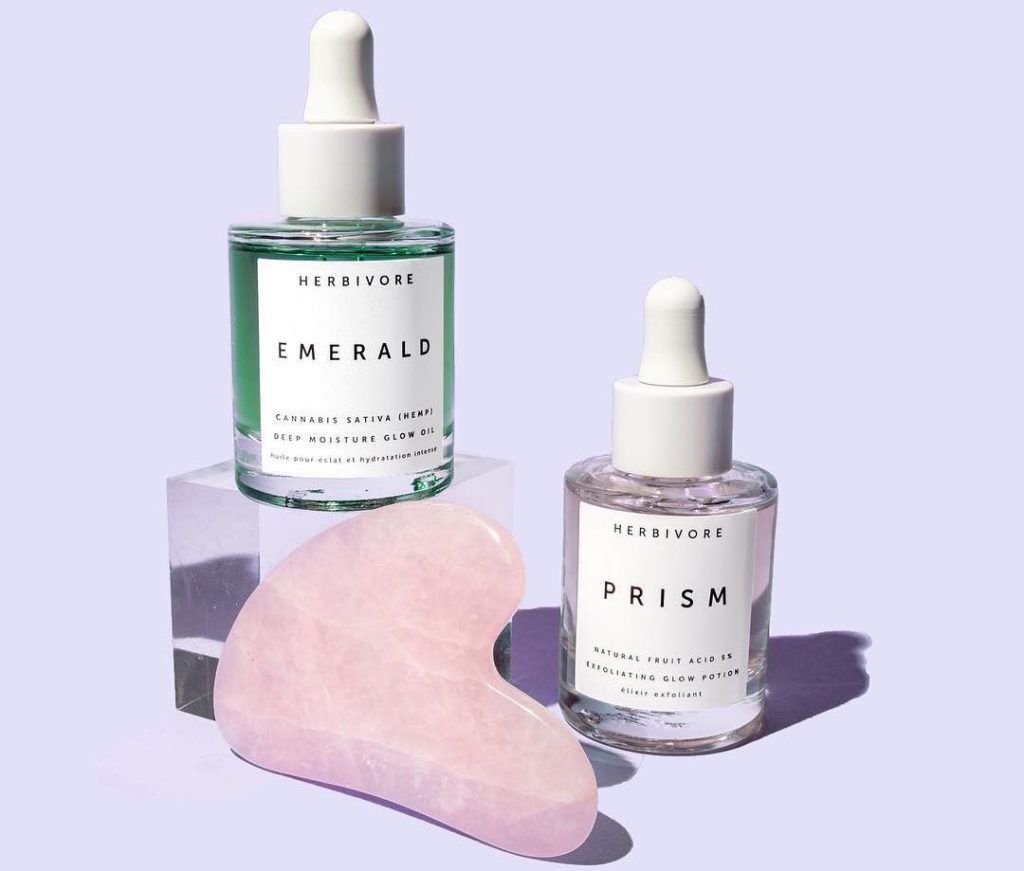
Selfcare update: why you need to check out gua sha face massage
By Lisa Gries Nov 04, 2020 | 7 min read

5 home remedies to get rid of your dark circles the natural way
By Alisha Pawa Sep 24, 2020 | 4 min read
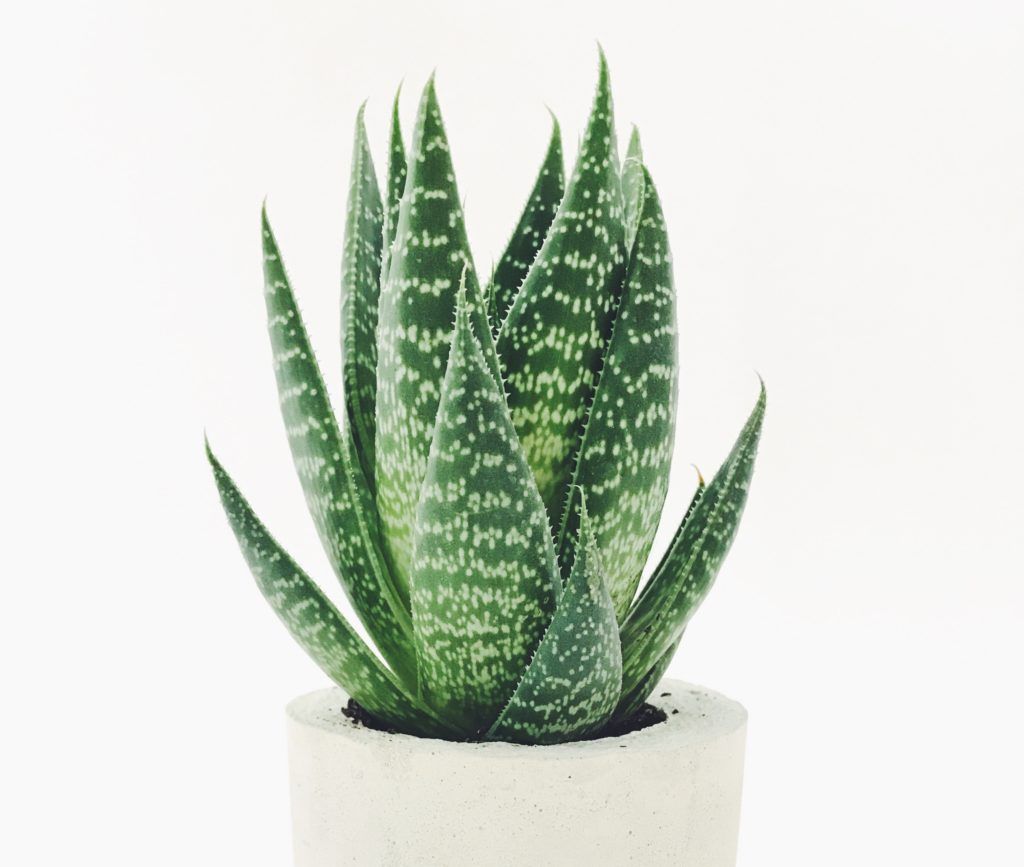
The multiple benefits of aloe vera for skincare
By Staff Writer Sep 06, 2020 | 3 min read
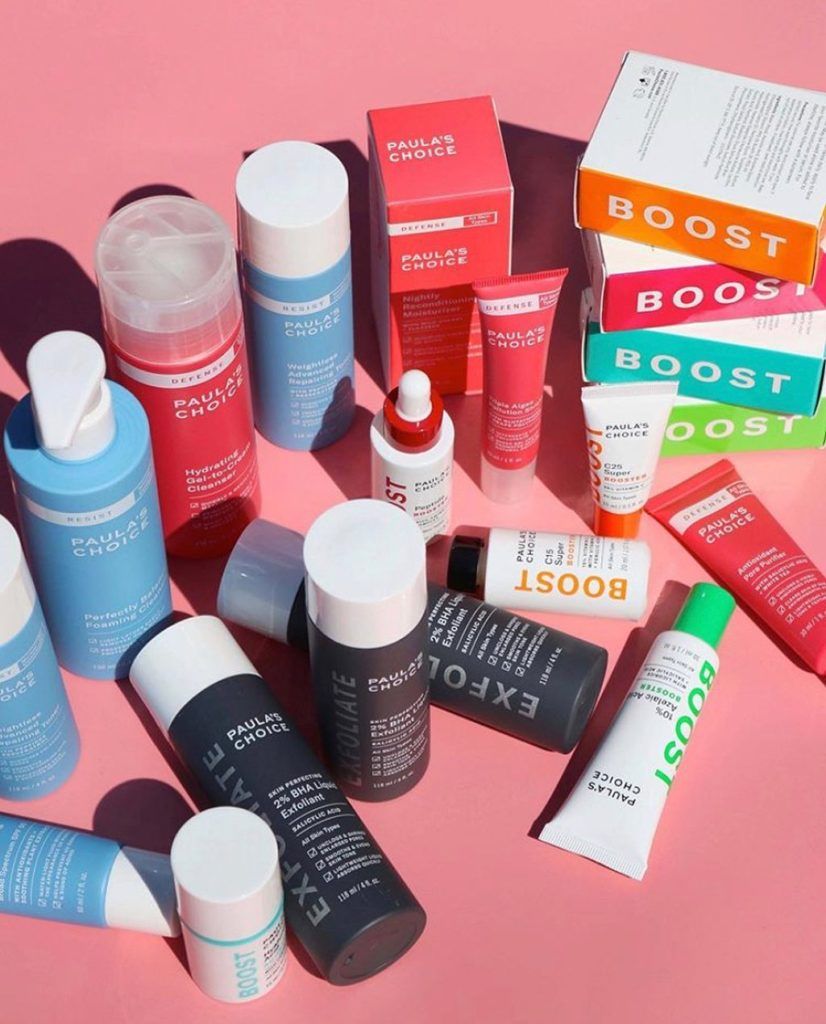
Q&A: Paula Begoun of Paula’s Choice busts a few beauty myths
By Latha Sunadh Aug 27, 2020 | 4 min read
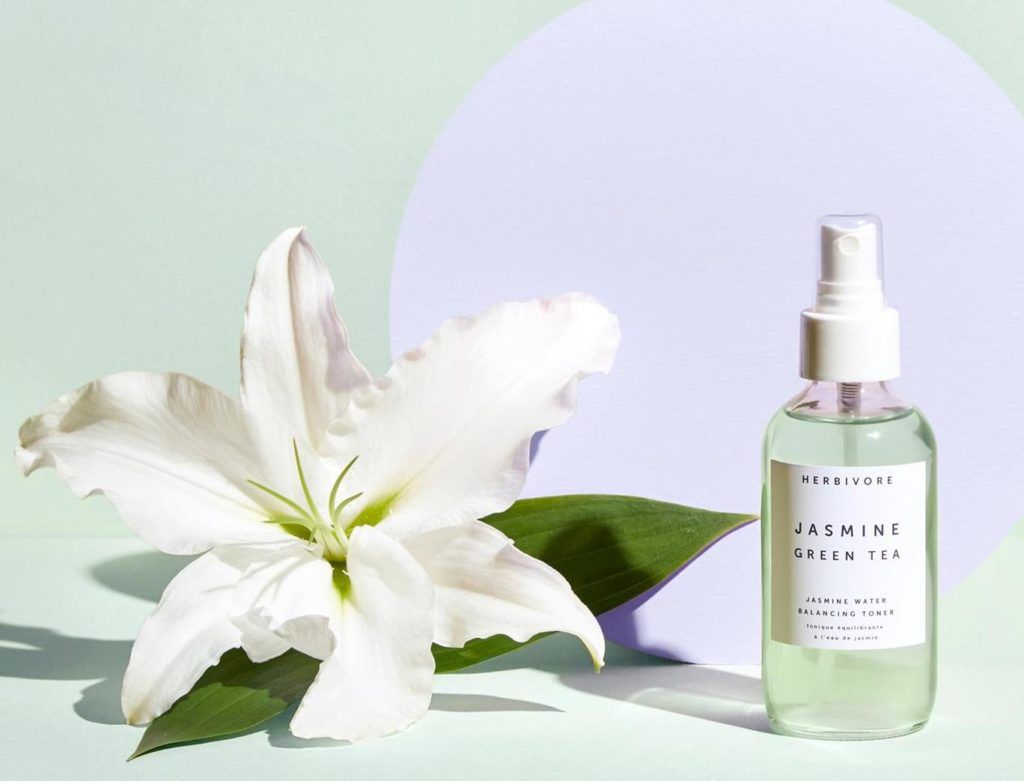
5 must-have skincare products for green tea lovers
By Alisha Pawa Aug 25, 2020 | 4 min read
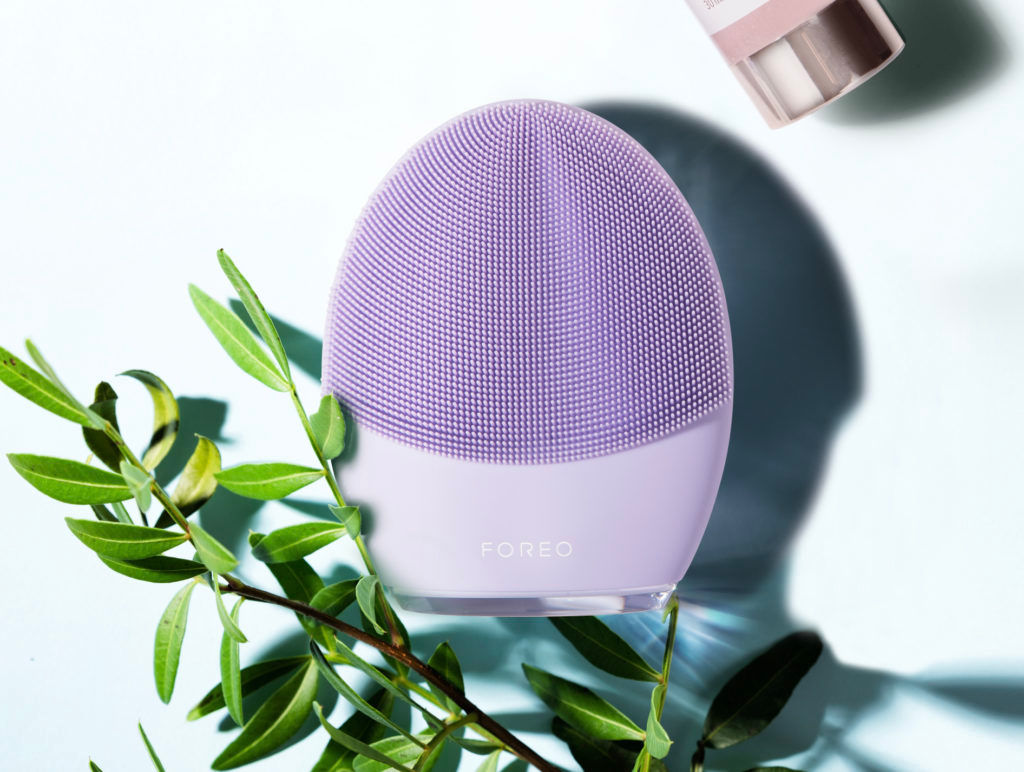
One Week on the Face: reviewing the new FOREO LUNA 3
By Lisa Gries Aug 04, 2020 | 6 min read
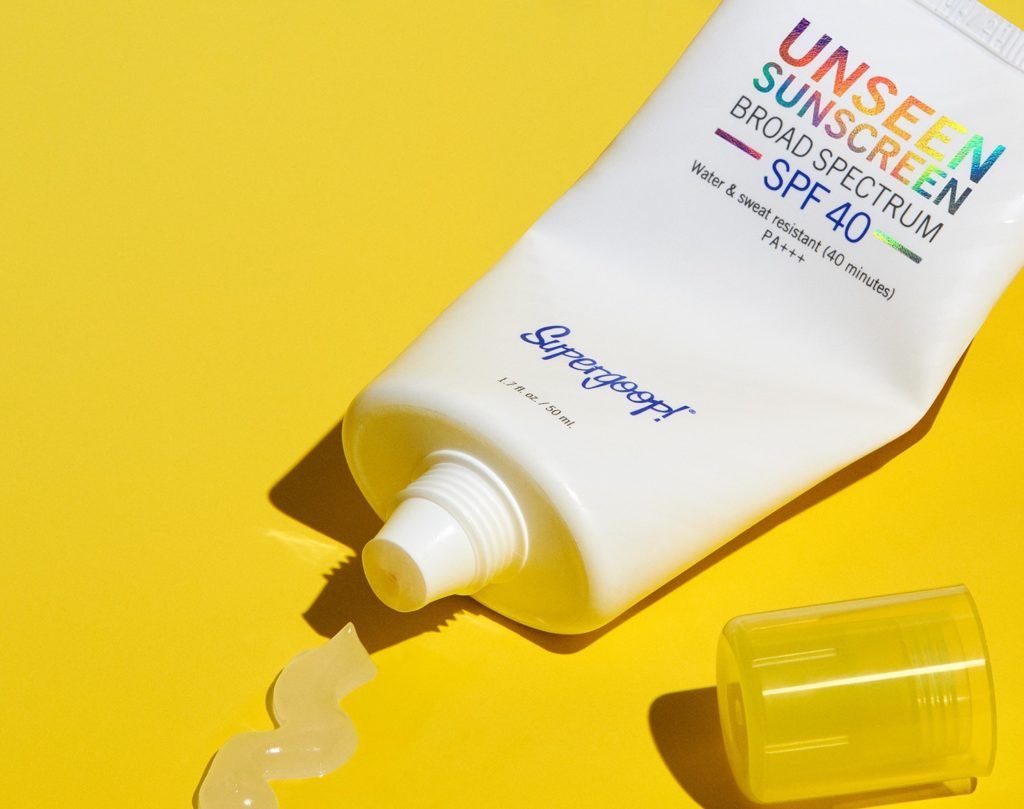
6 beauty products that will protect your skin from blue light damage
By Alisha Pawa Jul 16, 2020 | 5 min read

Besides collagen, here’s why ceramides are really important for healthy skin
By Manvi Siddhanti Jul 12, 2020 | 3 min read
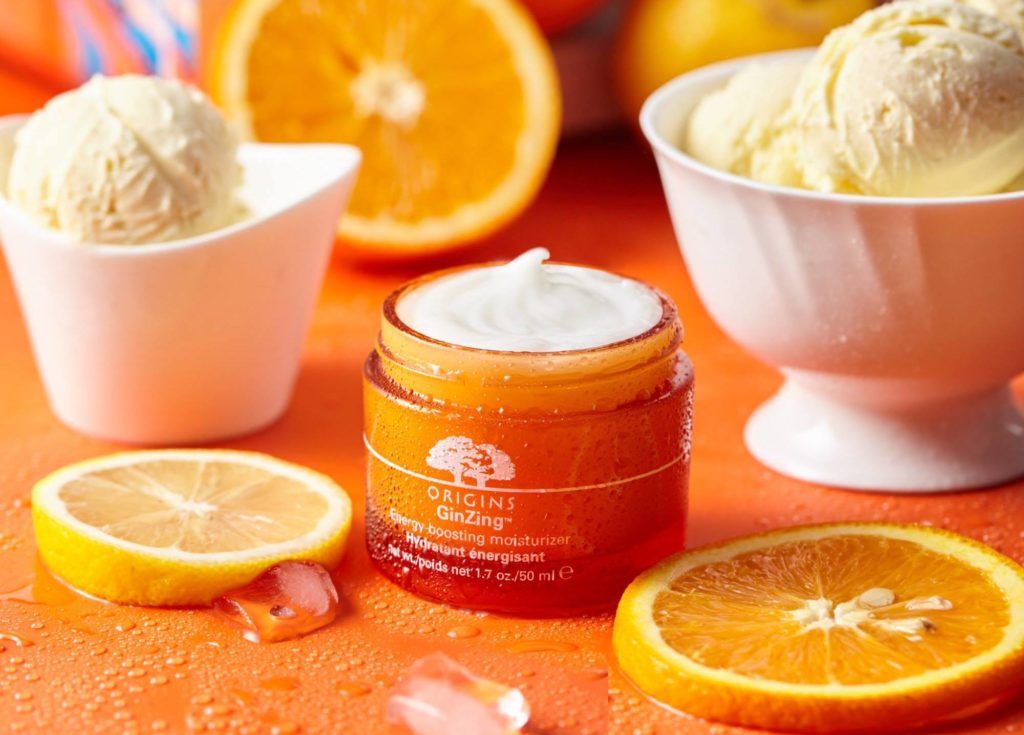
The 6 best gel creams to keep your face hydrated
By Alisha Pawa Jun 15, 2020 | 4 min read
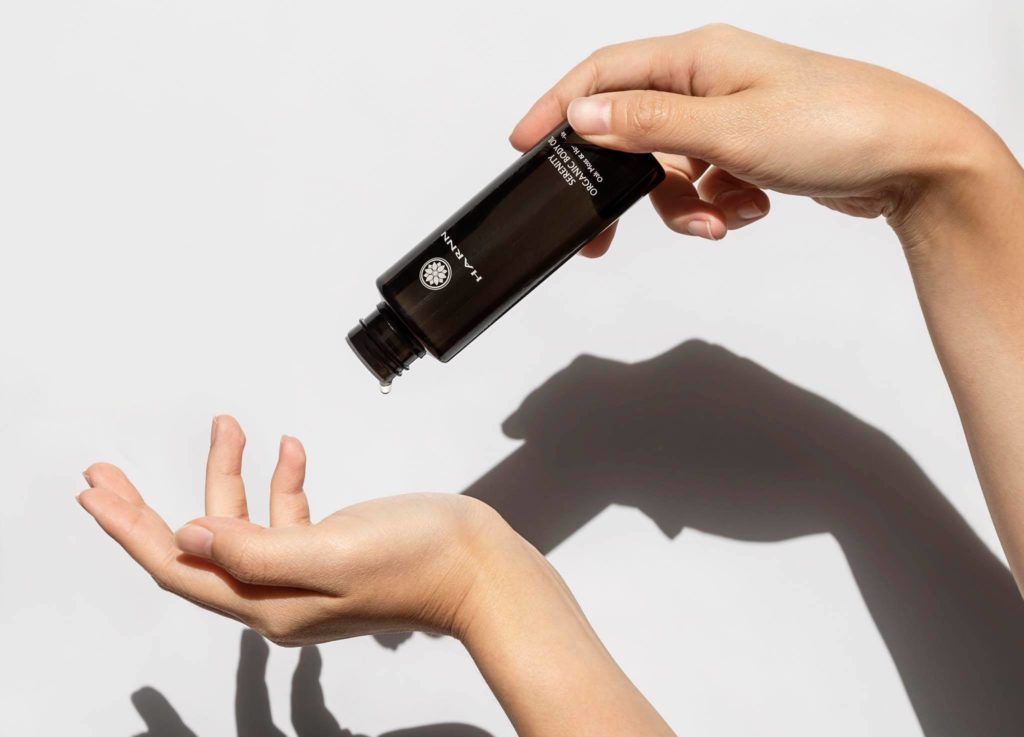
The best hand creams to hydrate your over-washed and sanitiser-stripped skin
By Alisha Pawa Apr 03, 2020 | 6 min read

7 DIY face masks you can easily make at home
By Alisha Pawa Mar 31, 2020 | 6 min read
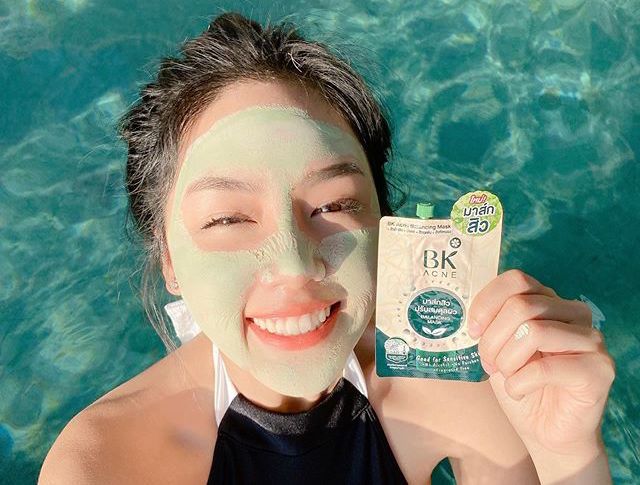
The night time routines of our favourite beauty bloggers
By Alisha Pawa Mar 13, 2020 | 4 min read
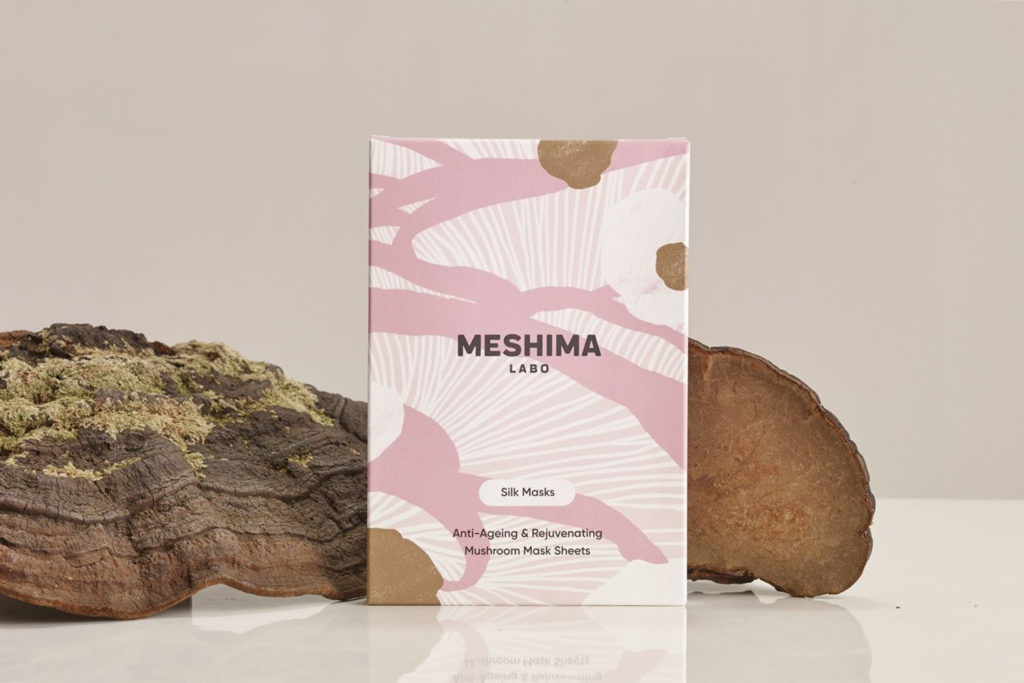
The 7 best face masks in Bangkok 2020
By Karn Chatikavanij Mar 03, 2020 | 5 min read
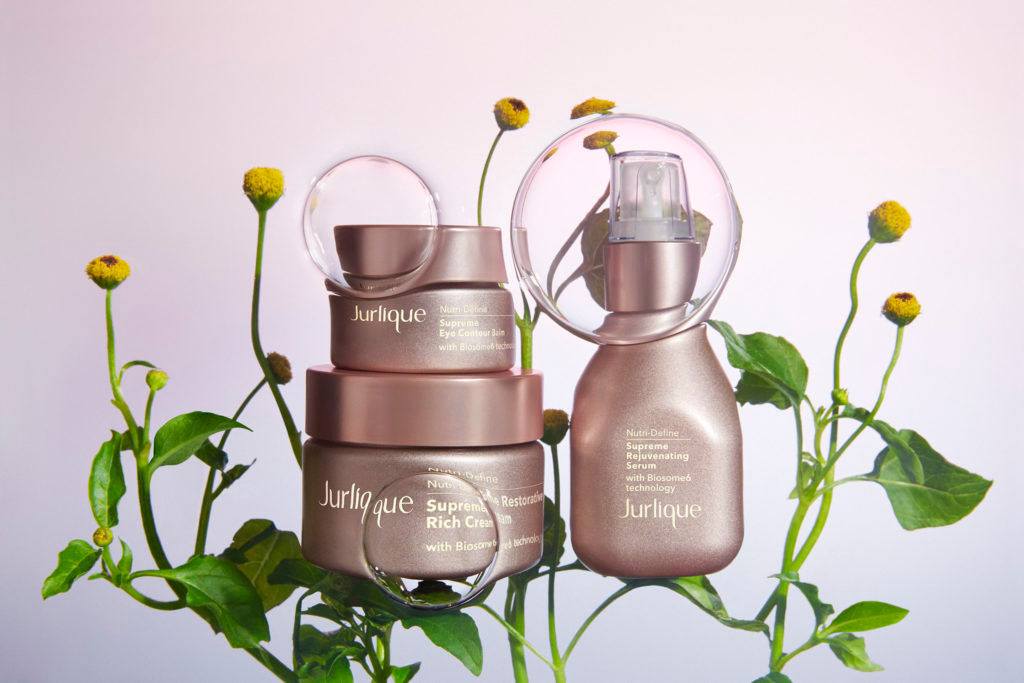
Jurlique’s Nutri-Define Supreme collection brings a new era of anti-aging
By Alisha Pawa Jan 29, 2020 | 4 min read

5 long-haul flight beauty essentials
By Karn Chatikavanij Jan 21, 2020 | 4 min read

5 steps in your skincare routine are all you need for glowing, healthy skin
By Lifestyle Asia Nov 26, 2019 | 5 min read

5 products that prove HARNN is a must-buy Thai skincare brand
By Karn Chatikavanij Nov 02, 2019 | 4 min read
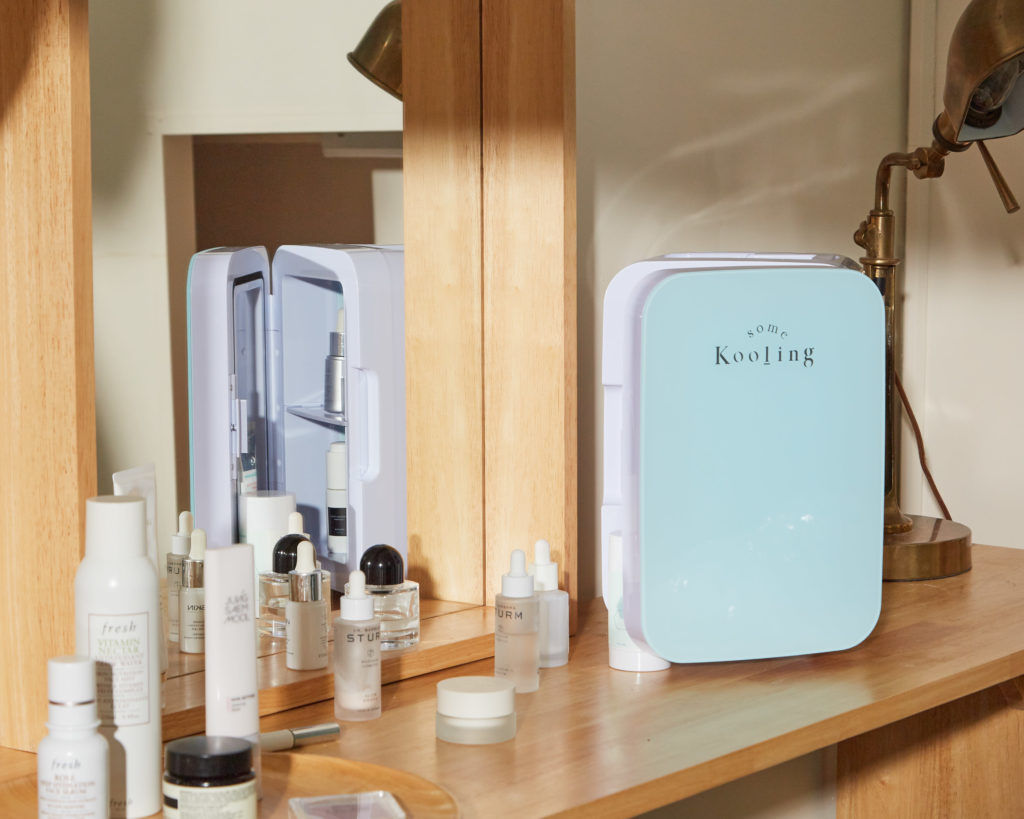
Skincare fridges: why you need them and where to buy them in Bangkok
By Karn Chatikavanij Aug 07, 2019 | 4 min read

Why Thai beauty experts are swapping out creams for organic face oils
By Karn Chatikavanij Jul 08, 2019 | 6 min read
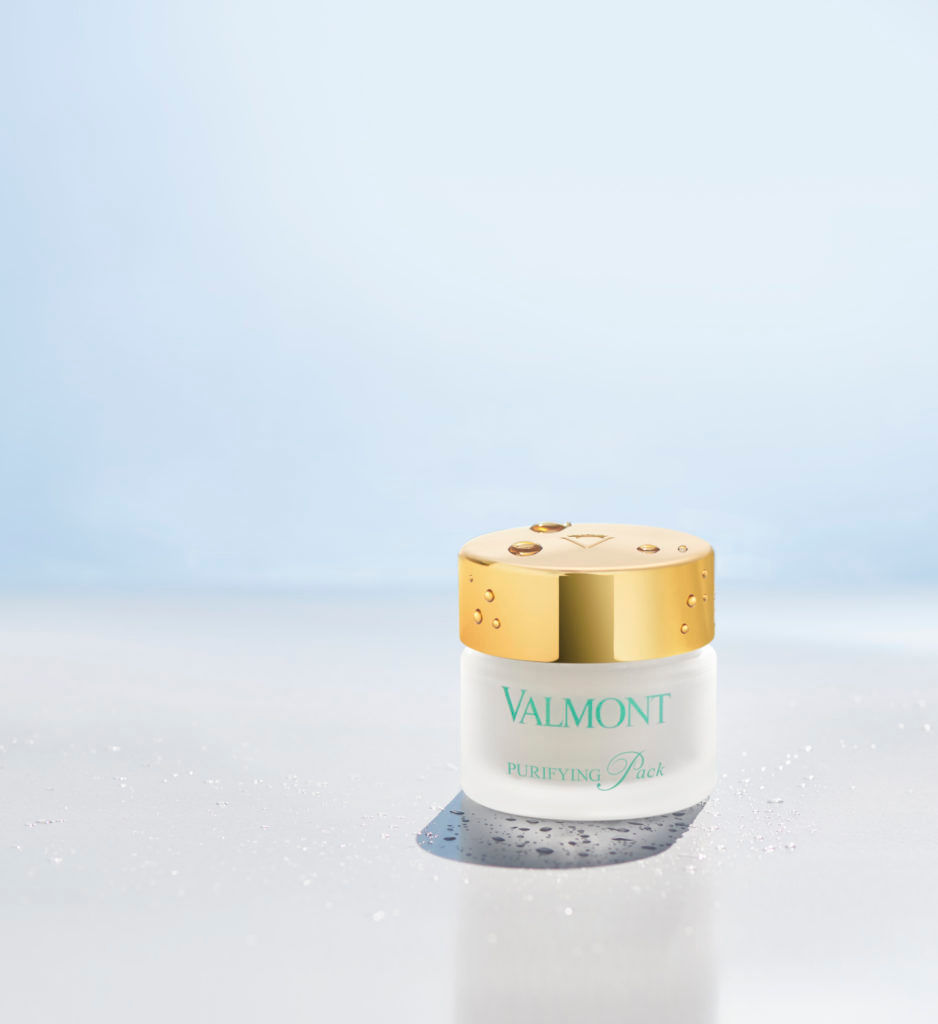
Probiotic skincare products you should add to your cleansing ritual now
By Karn Chatikavanij Jul 05, 2019 | 4 min read

Aman skincare: a luxury escape for the body and soul
By Karn Chatikavanij Apr 05, 2019 | 3 min read
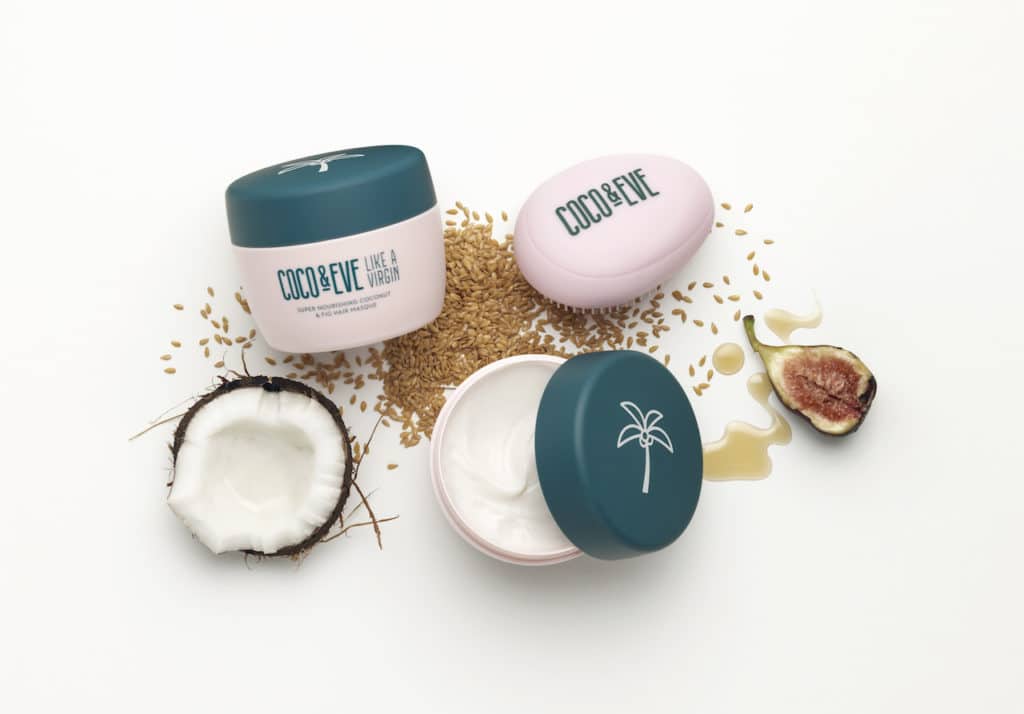
The best clean beauty brands in Bangkok (that aren’t soap bars)
By Karn Chatikavanij Mar 07, 2019 | 7 min read

Video: The radiant Clé de Peau Beauté Le Sérum awakens a new inner beauty
By Lisa Gries Mar 05, 2019 | 4 min read
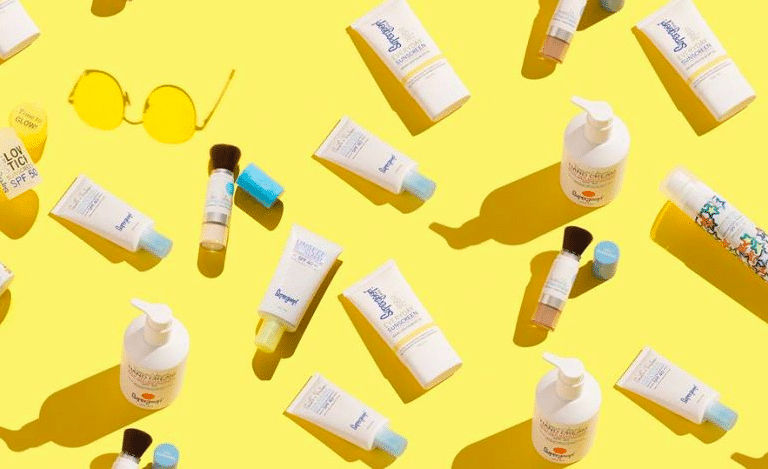
The best sunscreens to wear in Bangkok
By Karn Chatikavanij Mar 01, 2019 | 7 min read

How to face Bangkok with the best of anti-pollution skincare
By Karn Chatikavanij Feb 12, 2019 | 8 min read

Luxury cosmetics brand Menard has opened its first flagship at Bangkok’s ICONSIAM
By Catherine Napalai Faulder Jan 22, 2019 | 3 min read
